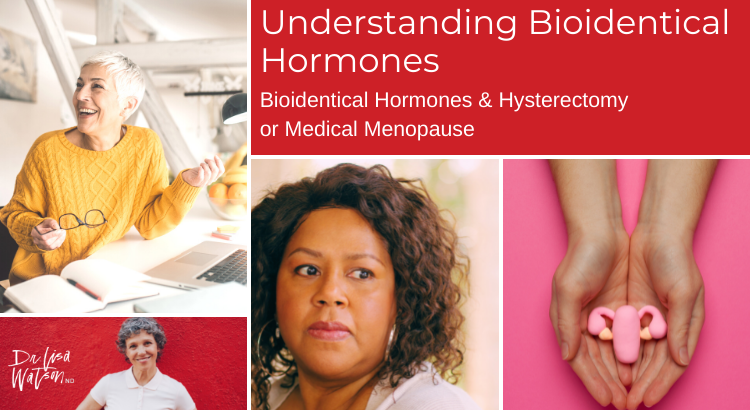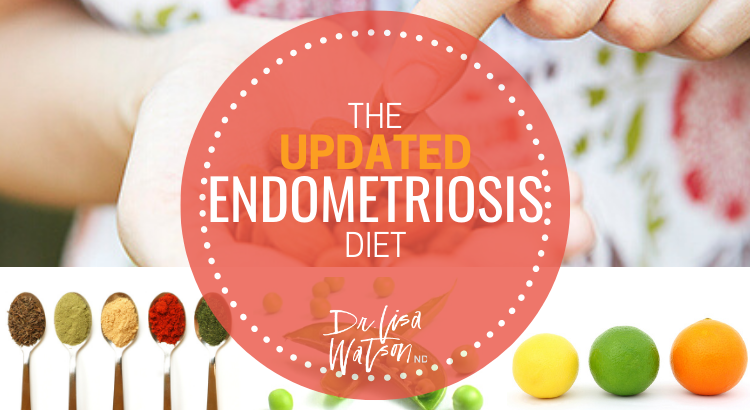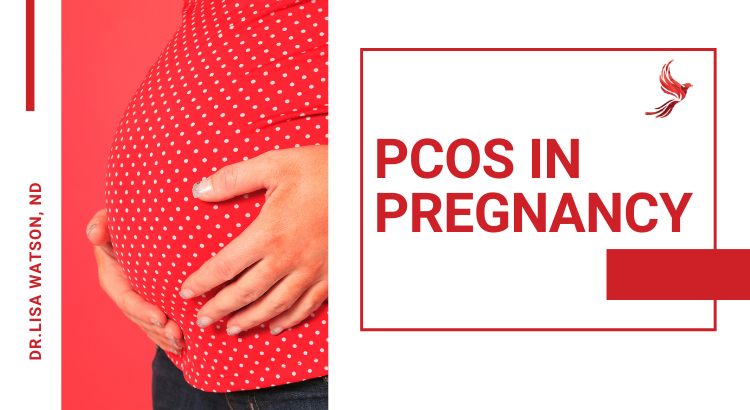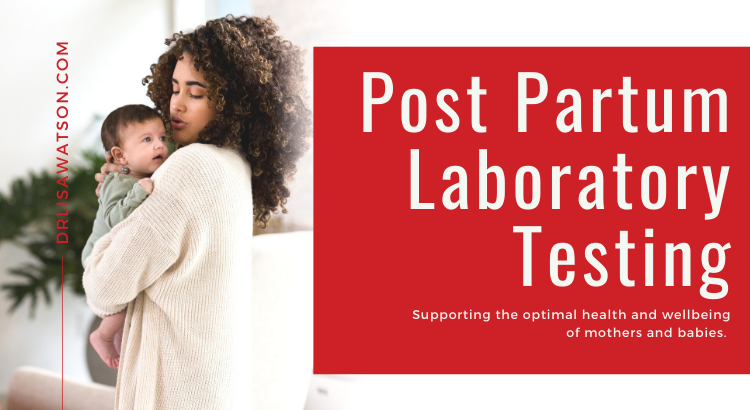The average age of menopause for women in North America is 52 years of age. However, women can enter into…
Hormone Health
Hysterectomies are the second most common surgery in women (after Caesarean sections). Most often recommended for women who have uterine…
Bio-identical hormone replacement therapy (BHRT) is gaining traction amongst women seeking more options for managing the hormonal imbalances that occur…
Conventional hormone replacement therapy (HRT) is the type of hormone replacement therapy that most women are aware of, and likely…
The conversation around diet and endometriosis is ever changing and evolving. Since I first published this article in 2015, much…
I want to start by saying I like wine. At times I have loved wine. The bubbles of a lovely…
Many women with PCOS are told they will struggle to get pregnant. And while that can be true, few women…
In this article I want to talk about one of the most common things I see in my patients: multiple hormone imbalance. In particular, I want to talk about those women who have low thyroid function (hypothyroidism) combined with symptoms of hormone imbalance in their Big Three Hormones: Cortisol, Estrogen, and Progesterone.
A woman’s body undergoes massive transformation during pregnancy, and our rebound to our baseline of health can take up to a year or longer. With hormone levels plummeting in the weeks after delivery, and nutrient deficiencies being incredibly common, combined with sleep deprivation and the challenges of new parenthood, many women feel tired, overwhelmed, and unwell during the months after the birth of a child.
High levels of estrogen, or estrogen dominance, majorly impacts our ability to breakdown histamine, leaving women in their 30s and 40s especially vulnerable to histamine intolerance.











